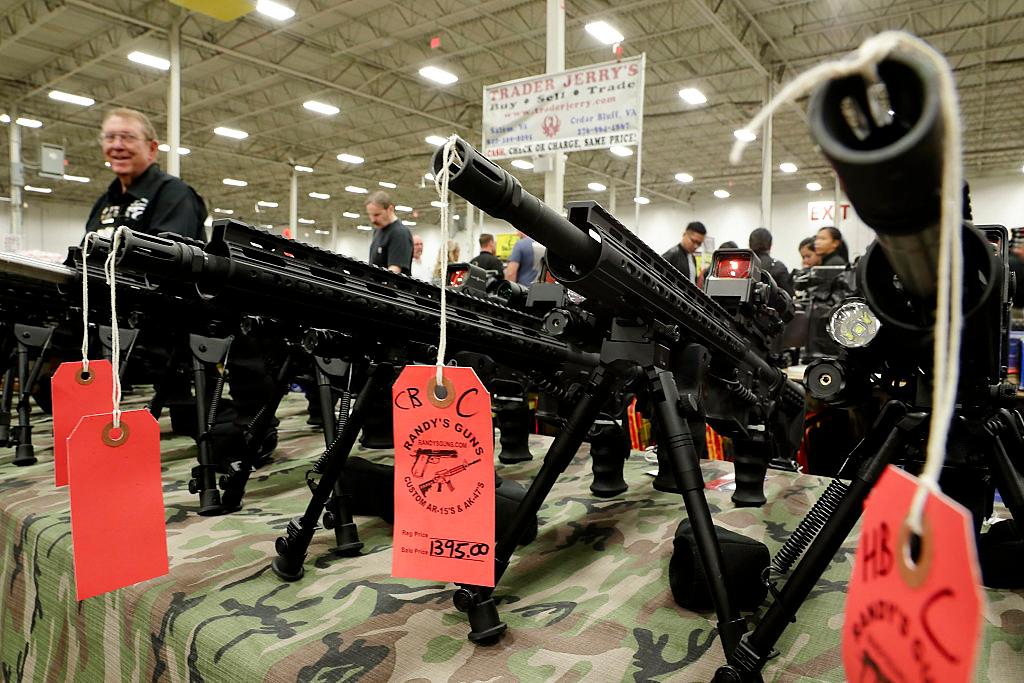A federal judge in Kansas has declined to block the nationwide enforcement of a federal rule requiring anyone who sells guns predominantly for profit to be licensed and conduct background checks, sometimes referred to as the “gun show loophole” because its target group notably includes merchants at gun shows.
The ruling was issued by U.S. District Judge Toby Crouse in response to a lawsuit brought by Kansas, 19 other states, three individual gun collectors, and a Wichita, Kansas-based collectors association. The complaint was initially filed in Arkansas and later transferred to Kansas after a judge found that Arkansas had no standing to sue.





